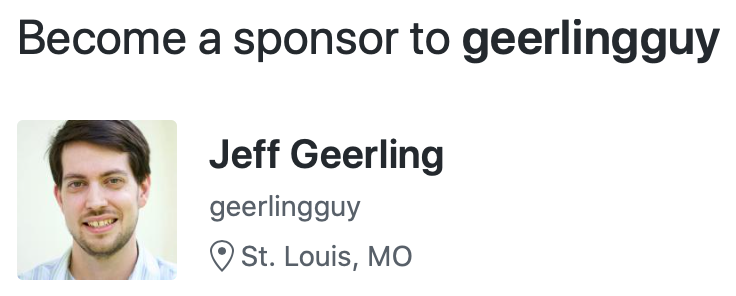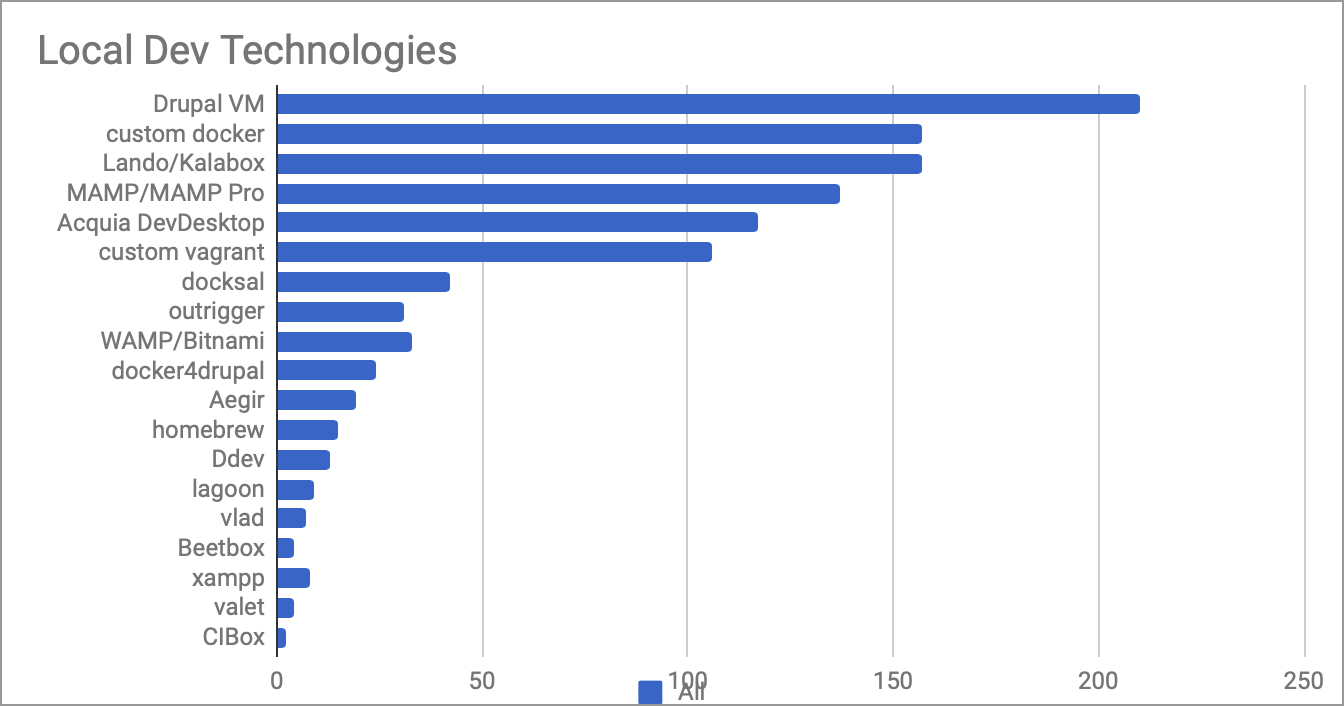Install Drupal Coder and PHP CodeSniffer to your Drupal project to lint PHP code
In the official Coder Sniffer install guide on Drupal.org, it recommends installing Coder and the Drupal code sniffs globally using the command:
composer global require drupal/coder
I don't particularly like doing that, because I try to encapsulate all project requirements within that project, especially since I'm often working on numerous projects, some on different versions of PHP or Drupal, and installing things globally can cause things to break.
So instead, I've done the following (see this issue) for my new JeffGeerling.com Drupal 8 site codebase (in case you haven't seen, I'm live-streaming the entire migration process!):


